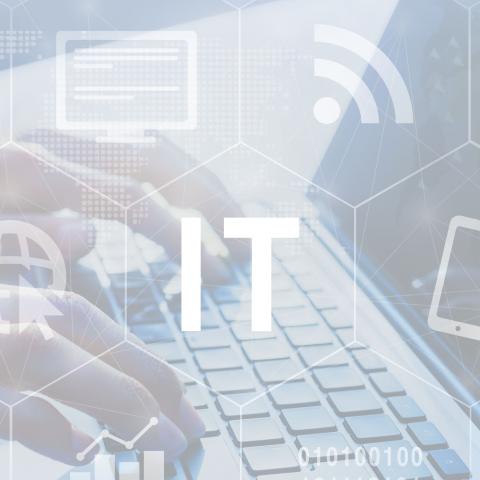
By Ryan Mueller
Systems Coordinator, Central Electric Cooperative
One of the most common phrases we hear today is “an ounce of prevention is worth a pound of cure.” During the current pandemic, we have all put extra focus into maintaining good physical health and hygiene to prevent illness. This same type of approach should be taken as we focus on keeping our online lives healthy. Often times it takes an adverse event, such as a pandemic, to start making healthy changes in our life. In the cybersecurity world, we don’t have to look very far for adverse events like the cyber attacks on the Colonial Pipeline, JBS or Crystal Valley Farmers Cooperative.
The year 2020 broke all records when it came to the data and dollars lost in cyber attacks. Cyber attacks grew for all sectors, large corporations, government, small to medium sized business, and individuals. One study showed that cyber related crime was up 600% in 2020. So, what do we do at Central Electric to protect your information from cyber attacks?
How we keep your information safe
Central Electric takes the security of our grid and your information very seriously and has pursued numerous cybersecurity measures:
• Partnering with outside consultants. We have contracted with a firm who specializes in cybersecurity to assist with our security measures.
• Auditing for network vulnerabilities. Our systems and networks are scanned for potential vulnerabilities to better protect our data.
• Training our workforce. All employees are trained on how to safely use company devices and spot malicious emails. In addition, they are provided monthly security pointers in the employee newsletter.
• Using a secure payment system. Members can securely make payments online via SmartHub or over the phone on a secure line by calling 855-730-8707. These systems are in compliance with credit card use requirements.
Measures to protect yourself
No matter how robust your security software may be, human error or deception can open the door for potential threats. Use the following tips to protect your personal data:
• Don’t open an attachment in an email unless you are expecting the information. Hackers may attempt to get your to click on harmful content that will infect your device.
• Don’t click on links in emails. Links can appear harmless, but actually redirect you to a harmful site. When possible, open a new browser and go directly to the site. Only download information from web pages you trust.
• Don’t reuse passwords. While it may be quick and easy to remember, reusing passwords for multiple accounts allows hackers to quickly gain access to all of your accounts at once.
• Don’t post current location. You might be thrilled about the vacation beach photo you just took, but wait until you are home to post updates. Announcing that you are away from home can be an invitation to burglars.
• There’s no such thing as a “free” app. When downloading any app, read the terms and conditions carefully. Some apps will sell your information or provide an unwanted backdoor into your device.
October is National Cybersecurity Awareness Month and one of this year’s themes is “Do Your Part: #BeCyberSmart.” With that in mind I would encourage everyone to take that “ounce of prevention” and make some positive changes to your online health, to be #CyberSmart.
